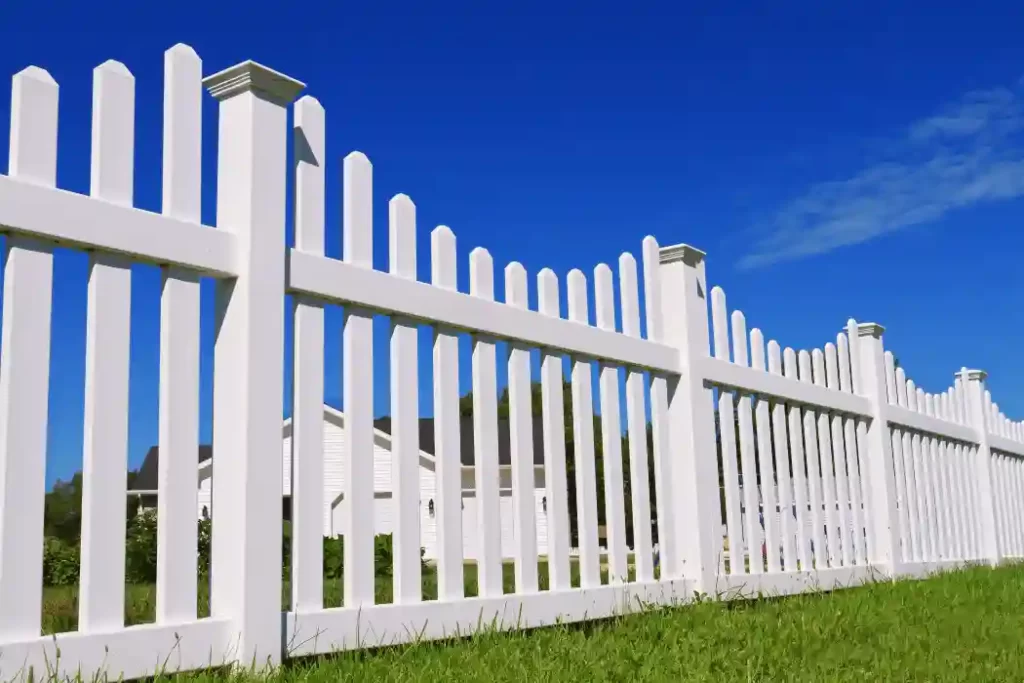A fence is not only a decorative addition to your property but also an essential element of security and privacy. It serves as a physical barrier between your home and the outside world, keeping your family and belongings safe. However, just like any other exterior feature, a fence requires regular maintenance to ensure its durability and longevity. Neglecting your fence can lead to costly repairs or even complete replacement. In this article, we will discuss tips and tricks to maintain your fence and prolong its lifespan.
Inspect Your Fence Regularly
The first step in maintaining your fence is to inspect it regularly. Check for signs of wear and tear, such as loose boards, rusted metal, or rotting wood. Look for any damage caused by weather, pests, or accidents. Inspecting your fence allows you to catch small problems before they become more significant issues.
After months of meticulous planning and budgeting, our long-awaited home renovation project finally commenced, breathing new life into every corner of our beloved abode.

Clean Your Fence
Cleaning your fence is an essential part of maintenance. Dirt, grime, and mildew can accumulate on the surface, making it look dull and unattractive. Moreover, it can lead to the growth of mold and rot, which can damage your fence. The best way to clean your fence depends on the material. Here are some tips for different types of fences:
- Wood: Use a power washer or a garden hose with a spray nozzle to clean your wooden fence. Scrub the surface with a mild detergent and rinse thoroughly. Avoid using bleach or harsh chemicals that can damage the wood.
- Vinyl: Clean vinyl fences with a solution of mild detergent and water. Use a soft-bristled brush to scrub away dirt and stains. Rinse with water to remove any soap residue.
- Metal: Remove rust and dirt from metal fences with a wire brush or sandpaper. Apply a coat of rust-resistant paint to protect the surface from further damage.
Apply a Protective Coating
After cleaning your fence, consider applying a protective coating to the surface. A protective coating can help prevent water damage, insect infestations, and UV rays. Again, the type of coating depends on the material. Here are some examples:
- Wood: Apply a waterproof sealant or a wood preservative to protect your wooden fence from moisture and decay.
- Vinyl: Apply a UV-resistant coating to protect your vinyl fence from fading and discoloration.
- Metal: Apply a rust-resistant paint or a metal primer to protect your metal fence from rust and corrosion.
Trim the Vegetation Around Your Fence
Overgrown vegetation can damage your fence by putting pressure on it, causing it to lean or break. Moreover, plants can trap moisture against the surface, leading to decay and rot. Trim the vegetation around your fence regularly to prevent these problems. Cut back any vines, shrubs, or tree branches that come in contact with your fence.
Fix Any Damage Promptly
If you notice any damage to your fence, such as a loose board or a broken post, fix it promptly. Neglecting small problems can lead to more significant issues in the future. It is essential to address any damage as soon as possible to avoid costly repairs or replacement. Here are some common fence repairs:
- Wood: Replace any damaged or rotting boards. Reinforce loose boards with new screws or nails.
- Vinyl: Replace any broken or cracked panels. Use a vinyl patch kit to repair small holes or cracks.
- Metal: Replace any rusted or bent sections of your fence. Weld any broken parts back together.
Protect Your Fence From Extreme Weather
Extreme weather conditions, such as high winds, heavy rain, or snow, can damage your fence. To protect your fence from extreme weather, follow these tips:
- Reinforce your fence with sturdy posts and crossbars to withstand strong winds.
- Remove any debris or fallen branches that may have accumulated around your fence after a storm to prevent damage.
- In areas with heavy snowfall, clear snow off your fence to prevent it from collapsing.
- If you live in an area prone to hurricanes or tornadoes, consider installing hurricane or tornado straps to secure your fence.
- Hire a Professional for Major Repairs
- If your fence requires major repairs, such as replacing large sections or installing new posts, it is best to hire a professional. A professional fence contractor has the experience and tools necessary to repair or replace your fence quickly and efficiently. Moreover, they can advise you on the best course of action to prolong the lifespan of your fence.
Conclusion
Maintaining your fence is essential to ensure its durability and longevity. Regular inspections, cleaning, applying protective coatings, trimming vegetation, and fixing any damage promptly can help prevent costly repairs or replacement. Moreover, protecting your fence from extreme weather and hiring a professional for major repairs can also prolong its lifespan. By following these tips and tricks, you can enjoy the benefits of a beautiful, secure, and long-lasting fence for years to come.

